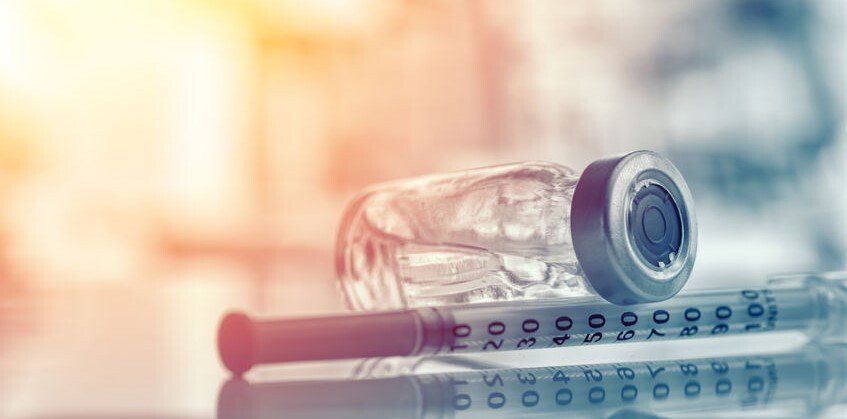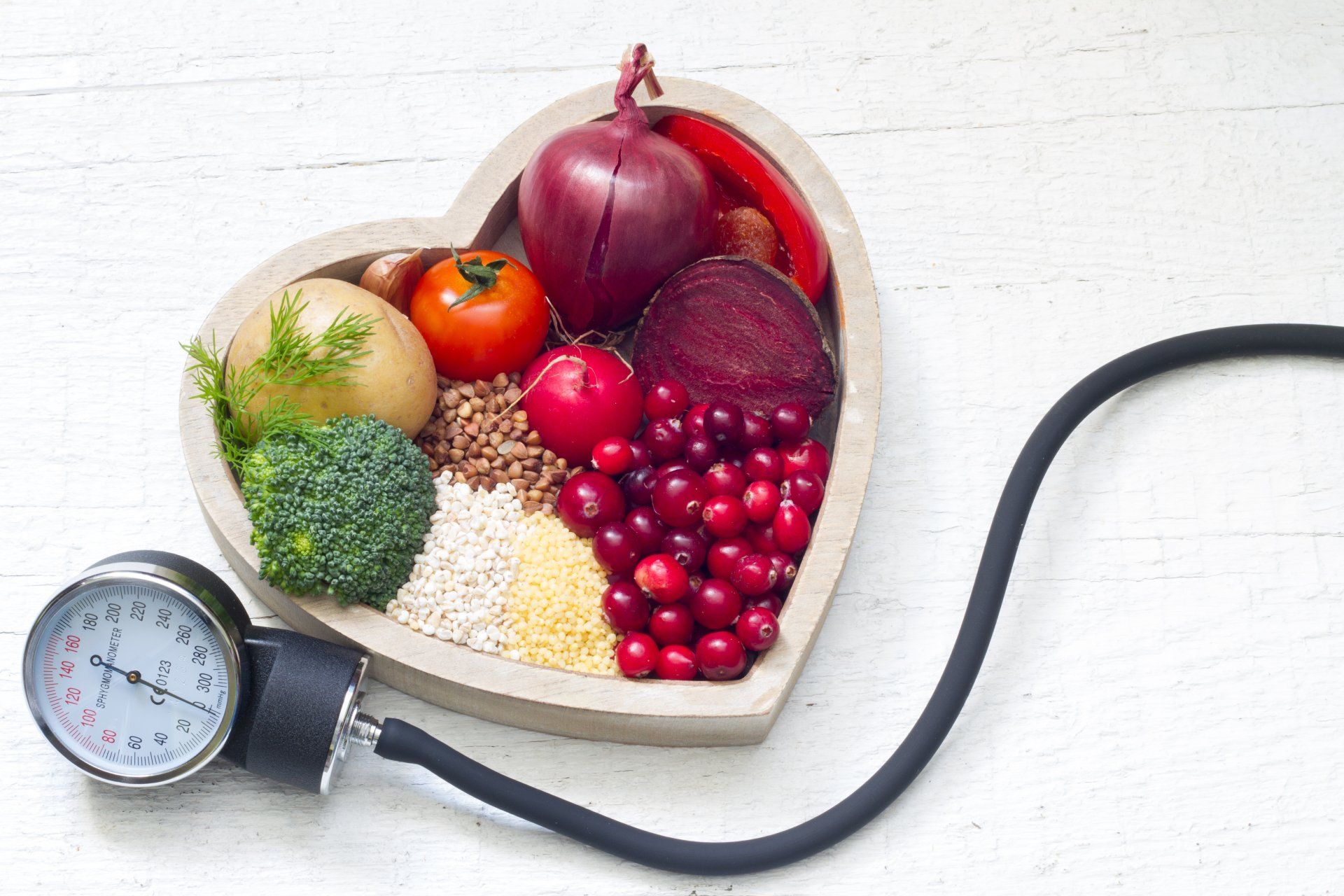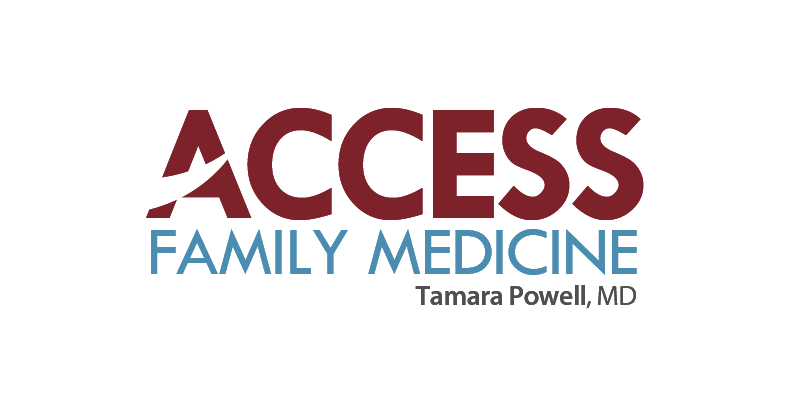Happy February! The days are getting longer, spring is getting closer!
A lot of the news is about the vaccines, what are they (because they are new, right?), how do they work, is getting the vaccine worth the risk? Here is some information I have gathered, and I’ll try to keep my science geekiness under control!
Messenger RNA vaccines—also called mRNA vaccines—are the first COVID-19 vaccines authorized for use in the United States.
- Like all vaccines, COVID-19 mRNA vaccines have been rigorously tested for safety before being authorized for use in the United States.
- Yes, approval was fast but 1) they cut through the proverbial red tape 2) they had a lot of financial support to produce vaccine (that expense means it usually takes years) 3) the new process can be standardized and scaled up, making vaccine development faster than traditional methods.
- mRNA technology is new, but not unknown. It has been studied for more than a decade. It has already been used in cancer treatments.
- mRNA vaccines do not contain a live virus and do not carry a risk of causing disease in the vaccinated person.
- mRNA from the vaccine never enters the nucleus of the cell and does not affect or interact with a person’s DNA. There are no changes to your genes. It does not affect fertility.
How does it work:
mRNA can most easily be described as instructions for the cell on how to make a piece of the “spike protein” that is unique to SARS-CoV-2. Since only part of the protein is made, it does not do any harm to the person vaccinated. It gives instructions to our immune system so it is primed to protect against future infection.
After receiving the instructions, the cell breaks down the mRNA strand and disposes of it.
Safety:
COVID-19 mRNA vaccines have gone through the same rigorous safety assessment as all vaccines before they were authorized for use in the United States by the Food and Drug Administration. This includes large clinical trials and data review by a safety monitoring board.
The vaccine does not contain preservatives, thimerosal, antibiotics, or adjuvants.
How well does it work:
Vaccine efficacy after 2 doses was 94.1% in preventing serious illness, hospitalization and death. It may or may not prevent asymptomatic illness.
Who should not get this vaccine:
- Severe allergic reaction (e.g., anaphylaxis) to a previous dose or component of either mRNA COVID-19 vaccines (including polythethylene glycol [PEG]).
- Immediate allergic reaction of any severity to polysorbate (due to potential cross-reactive hypersensitivity with the vaccine ingredient PEG).
Who should be careful getting this vaccine:
- History of an immediate allergic reaction to any other vaccine or injectable therapy (i.e., intramuscular, intravenous, or subcutaneous vaccines or therapies not related to a component of mRNA COVID-19 vaccines or polysorbate) ⚬ This includes persons with a reaction to a vaccine or injectable therapy that contains multiple components, one of which is PEG, another vaccine component, or polysorbate, but in whom it is unknown which component elicited the immediate allergic reaction. ⚬ This does NOT include subcutaneous immunotherapy for allergies (“allergy shots")
- Current moderate to severe acute illness
Pregnant or lactating people:
- If pregnant people are part of a group that is recommended to receive a COVID-19 vaccine (e.g., healthcare personnel), they may choose to be vaccinated.
- When making a decision, pregnant people and their healthcare providers should consider:
⚬ the level of COVID-19 community transmission
⚬ the patient’s personal risk of contracting COVID-19
⚬ the risks of COVID-19 to the patient and potential risks to the fetus
⚬ the efficacy of the vaccine
⚬ the side effects of the vaccine
⚬ the lack of data about the vaccine during pregnancy.
- Lactating people
⚬ If lactating people are part of a group that is recommended to receive a COVID-19 vaccine (e.g., healthcare personnel), they may choose to be vaccinated.
Persons with underlying medical conditions
mRNA COVID-19 vaccines may be administered to persons with underlying medical conditions who have no contraindications to vaccination, including:
- Persons with immunocompromising conditions, including HIV, and those taking immunosuppressive medications
⚬ At this time, re-vaccination is not recommended after immune competence is regained in persons who received mRNA COVID-19 vaccines during chemotherapy or treatment with other immunosuppressive drugs.
⚬ Individuals should be counseled about:
■ Unknown vaccine safety and efficacy profiles in immunocompromised persons
■ Potential for reduced immune responses
■ Need to continue to follow all current guidance to protect themselves against COVID-19
- Persons with autoimmune conditions
- Persons with a history of Guillain-Barré Syndrome
- Persons with a history of Bell’s palsy
- Persons with a history of dermal filler use
⚬ Infrequently, persons who have received dermal fillers may develop swelling at or near the site of filler injection (usually face or lips) following administration of a dose of an mRNA COVID-19 vaccine.
⚬ No additional precautions are needed for vaccination with mRNA COVID-19 vaccines; however, these persons should be advised to contact their healthcare provider for evaluation if they develop swelling at or near the site of dermal filler following vaccination.
Whew, that was a lot of information! Hopefully you could just skip to the part that you wanted to know. Please feel free to pass on info to anyone it might help. For further questions please go to CDC’s COVID-19 mRNA vaccine webpage.
As always, please contact me with any questions. I’m here for you!
Take care,
Dr. Powell



